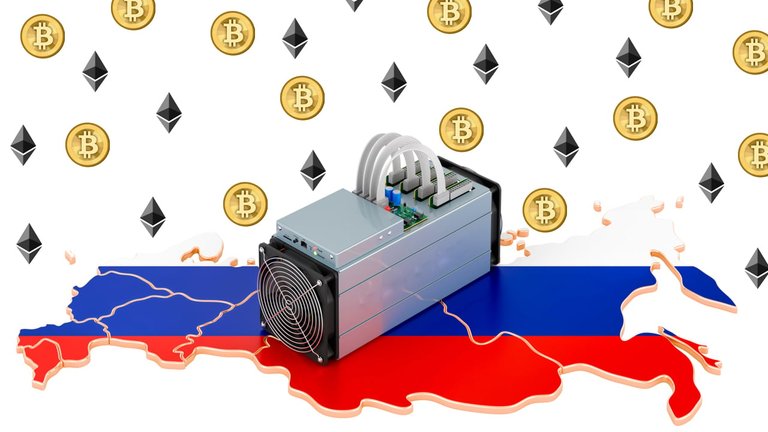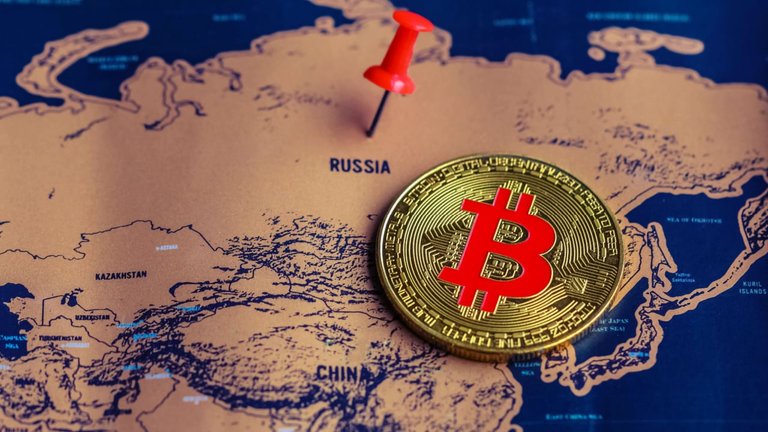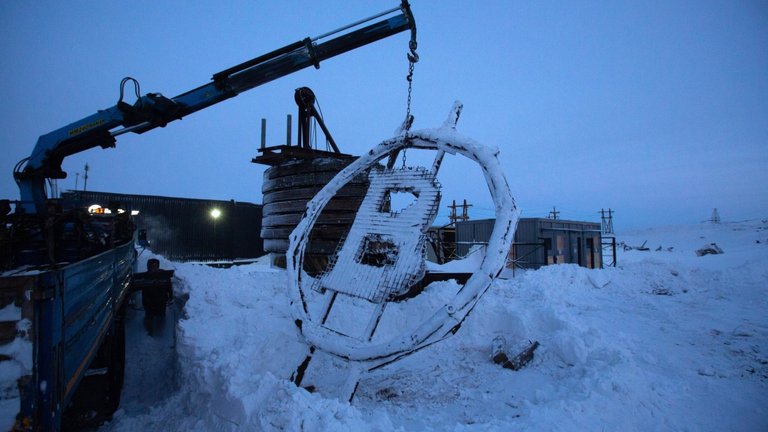
Russian Bitcoin miners are increasingly concerned about a newly implemented government registry that mandates the disclosure of sensitive financial and operational details, including cryptocurrency wallet addresses.
Since its introduction in November 2024, this registry has sparked fears of potential data leaks, which could expose miners to Western sanctions and further geopolitical risks. While many miners are complying with the registration process, uncertainty looms over the security of their data and the long-term implications of increased government oversight.
Government Assurances on Data Security Fails to Ease Fears
Russian officials have attempted to reassure the mining community by claiming that all collected data is stored within a “separate internal protected system” managed by the Federal Tax Service (FTS). However, miners remain deeply skeptical, pointing to Russia’s history of large-scale data breaches.
Anton Gorelkin, a Russian lawmaker overseeing information policy, has been vocal about these concerns. In a February 7 Telegram post, he warned that if miners' personal and financial data were to be leaked, it could serve as a "big gift" to geopolitical adversaries, making Russian Bitcoin miners prime targets for U.S. and EU sanctions.
"A data leak could have catastrophic consequences, exposing Russian miners to severe international restrictions and further isolating our digital economy," Gorelkin cautioned.
His warning is not unfounded—Russia has suffered major cyber breaches in recent years. In 2024 alone, over 710 million records were reportedly exposed in various incidents, including those involving Roskomnadzor, Russia’s communications watchdog.
Despite the government’s reassurances, cybersecurity experts argue that no system is entirely immune to breaches, especially when dealing with high-value financial data linked to global regulatory scrutiny.

Sanctions Loom Over Russian Mining Industry
Although Russia’s mining sector has not been explicitly sanctioned, miners fear that the public disclosure of their financial details could provide Western authorities with the information needed to impose targeted restrictions.
The U.S. Treasury Department’s Office of Foreign Assets Control (OFAC) has already been cracking down on Russian-affiliated crypto operations.
- In 2022, OFAC sanctioned BitRiver AG, a Swiss-based company with significant Bitcoin mining infrastructure in Russia.
- In March 2024, the U.S. expanded its sanctions list, adding 13 Russian organizations, including B-Crypto and Masterchain, citing concerns over sanctions evasion through digital assets.
As international scrutiny intensifies, Russian miners worry they could be next, especially if their wallet addresses and transactional data become accessible through the government registry.
New Electricity Restrictions Squeeze Russian Miners
Beyond concerns about sanctions and data security, Russian Bitcoin miners are now facing harsh energy consumption limits imposed by the government.
- Private mining operations are now capped at 6,000 kWh per month—a threshold that, if exceeded, requires miners to register with the Federal Tax Service and disclose additional financial and operational details.
- Russia’s Energy Ministry is also pushing for the creation of a national database of mining hardware, which miners fear could lead to stricter regulations, higher taxation, or even direct operational restrictions.
These measures add to the growing uncertainty surrounding Bitcoin mining in Russia, making it increasingly difficult for independent miners and businesses to operate without government interference.

What’s Next for Russian Bitcoin Miners?
With mounting regulatory pressures, data security concerns, and the looming threat of international sanctions, the future of Russia’s Bitcoin mining industry is at a crossroads.
While some miners may attempt to comply with regulations, others may choose to relocate their operations, shift to more decentralized mining pools, or even go underground to avoid scrutiny.
As geopolitical tensions continue to shape global crypto policies, Russian Bitcoin miners find themselves in an increasingly precarious position—caught between their government’s tightening grip and Western sanctions designed to isolate them from the international financial system.